November is National Family Caregivers Month. You may have a caregiver in your life to whom you wish to bestow your gratitude by designating them as an heir in your estate plan. Whether your caregiver is your own child—or a niece, nephew, grandchild, godchild, stepchild, or even a caregiver who is not related to you—how can you ensure your wishes are fulfilled?
It is your prerogative to leave your property and assets to anyone you would like. Often, the best way to do this is through a will or estate planning. However, you should be aware that in many instances, money or assets left to a caregiver can be viewed with suspicion and potentially subject your planning to legal challenges. To avoid this, consider the following tips:
1. Make your family aware of your plans.
If you would like to leave a financial or other gift to a caregiver, inform your family of your wishes and reasons for your decision. This is especially important if your children or loved ones who don’t live close by cannot witness in person the impact a caregiver may have on your day-to-day life. Without this familiarity, they may be suspicious about a caretaker’s sway over you and believe that person improperly influenced your decisions.
In some states, there are laws that set forth that property exceeding a particular value left to a nonrelative caregiver is presumed to be fraudulent if a will or trust is challenged. If your family is unaware of your wishes, they may assume foul play. Your estate may be subject to an expensive and unnecessary will contest.
2. Don’t wait until the last minute to make changes to your will.
If you wish to give a financial gift to a caregiver who improved the quality of your life, it is best to make any changes or updates or prepare a will when you are not ill or in cognitive decline. Family members who may not be happy with your choice may try to object to your will and use these circumstances to argue you were not of sound mind or there was undue influence on your choices. The earlier in your estate planning journey you make any decisions regarding inheritance to caregivers, the better.
Another item to consider is getting a letter of competency from a physician that certifies you can make informed decisions about your health care, finances, and other matters. It is best to do so contemporaneously with the execution of a will, estate plan, or any revisions to existing documents.
3. Gift money or assets during your lifetime.
You may wish to consider gifting money or assets while you are alive if it would not negatively impact your needs or care. Currently, there is a federal gift and estate tax exclusion of $12.06 million ($24.12 million for married couples). A person can give away — during their lifetime or at death — up to this amount, tax-free. However, there are some items that you should consider before making any significant gifts.
One issue is that many states have their own gift tax rules. For example, New York does not have a gift tax, but it does have a three-year clawback rule. So, any gifts a person made three years before their passing could be “clawed back” and included in calculating the value of a person’s estate for purposes of estate taxes. This could financially affect heirs in your will.
Gifting or transferring assets may also affect your Medicaid eligibility for nursing home or at-home care. Some states allow certain assets to be transferred to caregivers who meet specific criteria without these transfers affecting eligibility. However, do not assume this is applicable in your state without consulting with an attorney.
If you are thinking about bestowing a gift or inheritance on a caregiver, give us a call at Jayde Law to ensure that your plan is completed properly.


